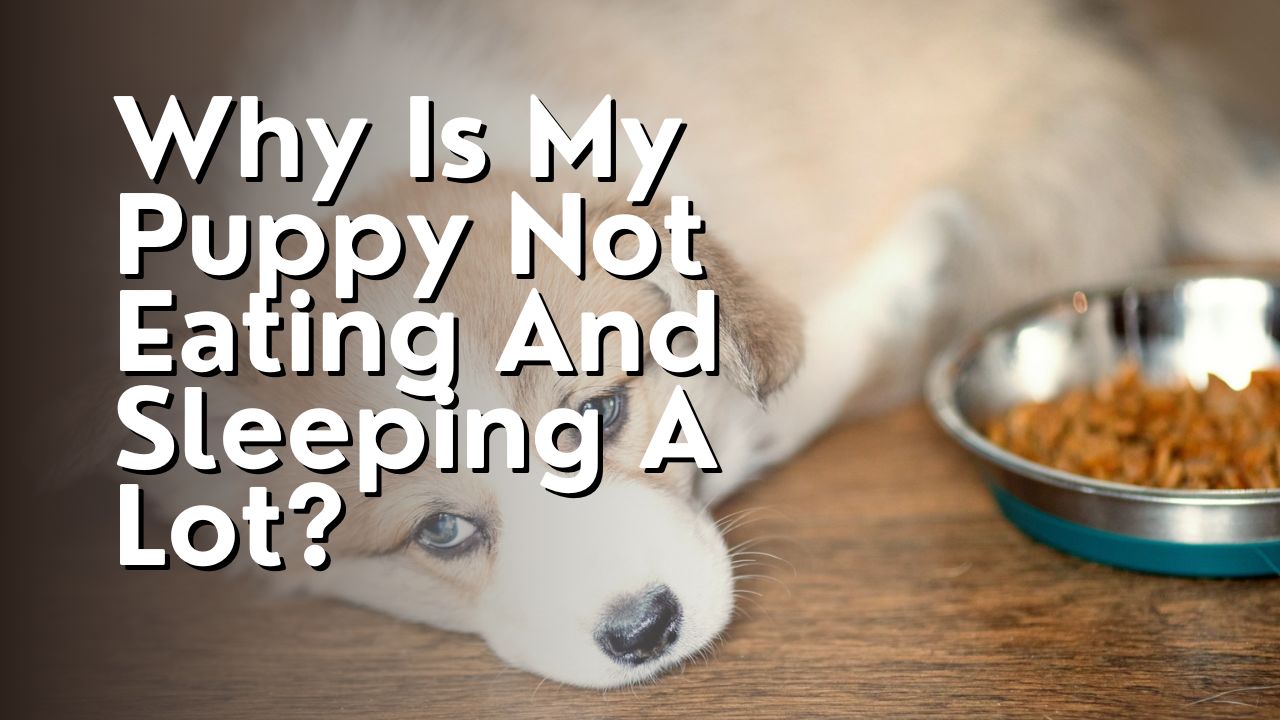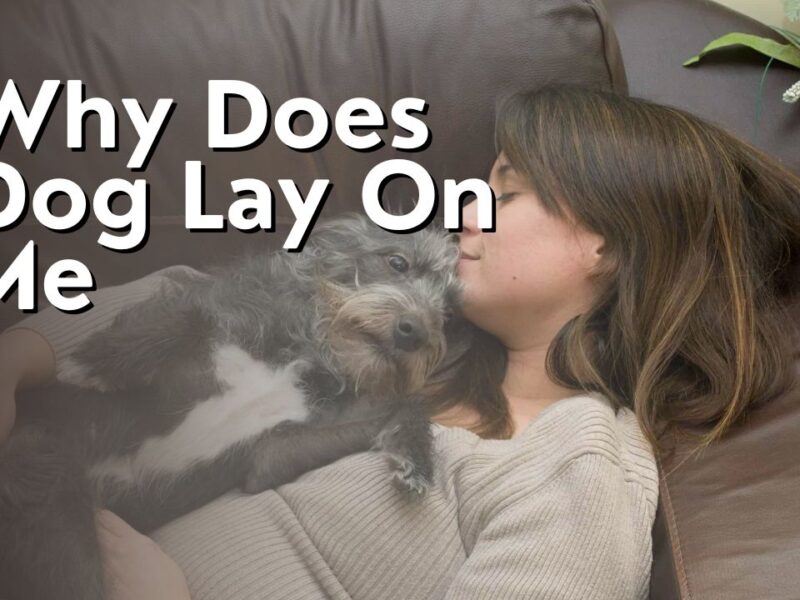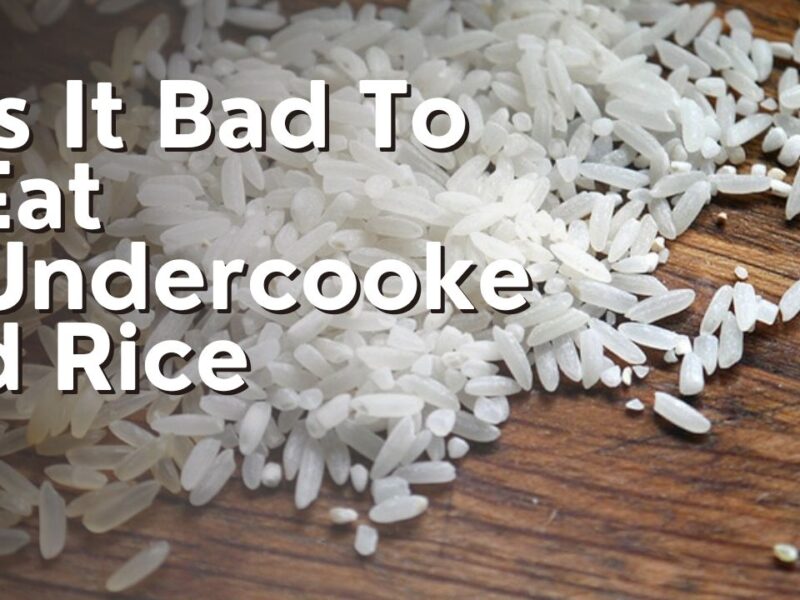Have you ever found yourself wondering why your adorable little puppy isn’t eating as much as usual and seems to be sleeping a lot? Well, fret not, because, in this article, I’m going to explore some of the possible reasons behind these behaviors.
As a dog owner myself, I understand how concerning it can be when our furry friends exhibit changes in their eating and sleeping habits. There are several factors that could contribute to this behavior, such as age and growth stage, stress or anxiety, illness or medical issues, food preferences, and even overstimulation or lack of exercise.
By understanding these potential causes, we can gain insight into our puppy’s behavior and take the necessary steps to address any underlying issues. So, let’s dive in and discover why our adorable companions may not be eating as much and snoozing away more often than usual.
Age and Growth Stage
Don’t worry if your puppy is not eating as much and sleeping a lot, it’s just a normal part of their age and growth stage! Puppies go through various stages of development, and during certain phases, their appetite and sleep patterns can change.
One possible reason for your puppy’s decreased appetite is that they are experiencing a growth spurt. Just like human teenagers, puppies can go through periods where they have a decreased appetite due to the energy their bodies are using for growth. This is completely normal and usually resolves itself within a few days or weeks. However, it’s important to monitor your puppy’s weight and make sure they are not losing too much or becoming dehydrated. If you notice any concerning weight loss or signs of illness, it’s always best to consult with your veterinarian.
Another reason for increased sleep in puppies is that they need a lot of rest to support their rapid growth and development. Puppies can sleep up to 18-20 hours a day, which is completely normal. During sleep, their bodies are able to repair tissues, strengthen their immune system, and process all the new information they are learning.
In summary, puppies not eating as much and sleeping a lot is often just a part of their age and growth stage. However, it’s always important to monitor their weight and consult with a veterinarian if you have any concerns.

Stress or Anxiety
Feeling stressed or anxious, a puppy may exhibit decreased appetite and spend an excessive amount of time dozing off. When a puppy is stressed or anxious, it can affect their eating habits and sleep patterns.
Here are some reasons why a puppy may be experiencing stress or anxiety:
- New Environment: Moving to a new home can be overwhelming for a puppy. They may take time to adjust to their new surroundings, causing them to feel anxious and lose their appetite.
- Separation Anxiety: Puppies can become attached to their owners and may experience separation anxiety when left alone. This can lead to a decreased appetite and excessive sleeping as they feel lonely and stressed.
- Loud Noises: Loud noises such as thunderstorms or fireworks can frighten puppies and make them feel anxious. This can result in a loss of appetite and increased sleep as they try to find comfort and security.
- Lack of Socialization: Puppies need to be properly socialized to different people, animals, and environments. If they haven’t had enough exposure, they may feel anxious in unfamiliar situations and exhibit changes in eating and sleeping habits.
Understanding the potential causes of stress or anxiety in your puppy can help you provide them with the necessary support and care. If you are concerned about your puppy’s eating and sleeping patterns, it’s best to consult with a veterinarian for guidance and advice.
Illness or Medical Issues
One possible reason for a puppy’s decreased appetite and excessive sleep could be an underlying illness or medical issue. It is important to pay attention to any changes in your puppy’s behavior and consult a veterinarian if you notice persistent symptoms. Here are some common medical issues that could cause these symptoms:
| Medical Issue | Symptoms | Treatment |
|---|---|---|
| Gastrointestinal problems | Vomiting, diarrhea, weight loss | Dietary changes, medications, fluid therapy |
| Dental issues | Bad breath, difficulty eating | Dental cleaning, extractions, oral medications |
| Parasites | Poor appetite, lethargy, weight loss | Deworming medications, flea and tick prevention |
| Infections | Fever, loss of appetite, fatigue | Antibiotics, antiviral medications |
| Hormonal imbalances | Increased thirst, weight gain or loss | Hormone replacement therapy, dietary changes |
Remember, this table is not exhaustive, and a proper diagnosis from a veterinarian is necessary for an accurate treatment plan. It is crucial to address any potential medical issues promptly to ensure your puppy’s health and well-being.
Food Preferences
If you want to understand your puppy’s food preferences, you should try offering a variety of options and observing which ones they enjoy the most. Just like humans, puppies can have different tastes and preferences when it comes to food. Some puppies may prefer wet food, while others may enjoy dry kibble. It’s important to remember that puppies have sensitive taste buds, so they may take some time to develop a liking for certain flavors or textures.
When introducing new foods to your puppy, it’s best to start with small portions and gradually increase the amount. This will allow their digestive system to adjust and prevent any upset stomachs. It’s also a good idea to mix in some of their old food with the new one, so they can gradually get used to the new taste.
If you notice that your puppy is not eating a particular type of food, it could be due to a dislike for that specific flavor or texture. It’s normal for puppies to have preferences, and it’s important to respect that. You can try offering different options to see which ones they prefer. Remember to always provide fresh and clean water for your puppy, as dehydration can also affect their appetite.
In conclusion, understanding your puppy’s food preferences can be a trial-and-error process. By offering a variety of options and observing their reactions, you can ensure that your puppy is enjoying their meals and staying healthy.

Overstimulation or Lack of Exercise
To ensure your puppy stays happy and healthy, it’s crucial to find the right balance of exercise and stimulation. Just like humans, puppies can become overstimulated or lack exercise, which can affect their eating and sleeping patterns. Overstimulation can lead to exhaustion, causing your puppy to sleep a lot and lose interest in food. On the other hand, a lack of exercise can result in pent-up energy, causing restlessness and a decreased appetite.
To address this issue, it’s important to provide your puppy with appropriate exercise and mental stimulation. A daily routine that includes both physical activity and mental challenges can help keep your puppy balanced and content. Here is a table that outlines the recommended exercise and stimulation for different puppy breeds:
| Breed | Exercise Needs | Mental Stimulation Needs |
|---|---|---|
| Small Breeds | Short walks, play sessions | Puzzle toys, training sessions |
| Medium Breeds | Moderate walks, active play | Interactive toys, obedience training |
| Large Breeds | Long walks, vigorous play | Agility training, scent games |
| Toy Breeds | Gentle exercise, indoor play | Treat-dispensing toys, trick training |
Remember, every puppy is unique, so it’s important to observe their behavior and adjust their exercise and stimulation accordingly. By finding the right balance, you can help your puppy maintain a healthy appetite and sleep pattern while promoting their overall well-being.
Frequently Asked Questions
How long do puppies typically sleep during the day?
Puppies typically sleep around 18-20 hours a day. It’s important to note that this is a general guideline and individual puppies may vary. If you have concerns about your puppy’s eating and sleeping habits, consult a veterinarian.
Can a change in the environment cause a puppy to lose its appetite?
Yes, a change in environment can definitely cause a puppy to lose its appetite. New surroundings can be overwhelming and stressful for a puppy, leading to a decrease in appetite and increased sleep.
What are some common medical conditions that can cause a puppy to refuse food?
Some common medical conditions that can cause a puppy to refuse food are gastrointestinal issues, dental problems, viral or bacterial infections, and parasites. It’s important to consult a veterinarian for a proper diagnosis and treatment.
Are there certain dog food brands or flavors that puppies tend to prefer?
Certain dog food brands or flavors may be more appealing to puppies, but individual preferences can vary. It’s important to choose a high-quality, balanced puppy food that meets their nutritional needs and consult with a veterinarian for specific recommendations.
Can a lack of exercise lead to a puppy not eating and sleeping excessively?
A lack of exercise can sometimes cause a puppy to lose their appetite and sleep more. It’s important to provide regular physical activity to keep them healthy and stimulate their appetite.
Conclusion
In conclusion, there can be several reasons why a puppy may not be eating and sleeping a lot. It could be due to their age and growth stage, stress or anxiety, illness or medical issues, food preferences, or even overstimulation or lack of exercise.
It is important to pay attention to your puppy’s behavior and consult with a veterinarian if you have any concerns. With proper care, love, and attention, you can help ensure your puppy’s health and well-being.


